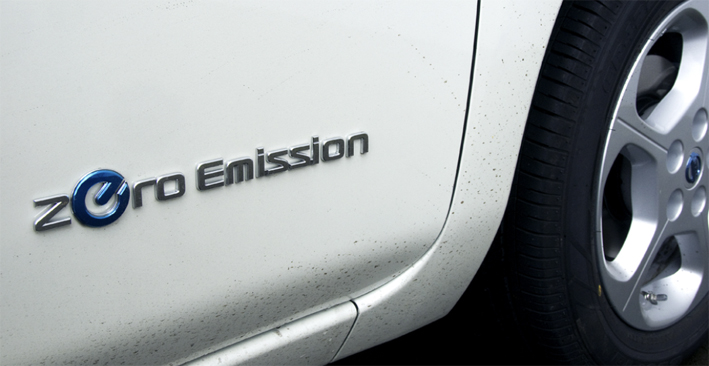The 26th UN Climate Change Conference of the Parties, held in Glasgow, aimed to accelerate global commitment to tackling climate change, as world leaders met to discuss their nation’s green policies.
Some tentative agreements have been made on some issues which at least recognise that climate change is a problem! But leaders must try harder next time!
The 700 word document ‘COP26 declaration on accelerating the transition to 100% zero emission cars and vans’ sets out a commitment to end the sale of new petrol and diesel cars and vans by 2040, signed by the Governments of the UK, Canada, Israel, Mexico and Turkey, amongst others.
Car manufacturers, including Ford, Mercedes and Jaguar Land Rover, also signed up to the commitment; however, Volkswagen and Toyota declined to sign, along with the Governments of Germany, the US and France.
This declaration does little or nothing to reduce road congestion, the polluting impacts of building cars and sourcing the materials, or the particulate and noise pollution caused by their use. It does keep the majority of car manufacturers and suppliers happy though!
But there had been a notable absence of commitment to encouraging active travel, walking and cycling, sparking a coalition of cycling organisations to call on Governments to commit to cycling.
Concerns about this lack of support for cycling and walking during the COP26 have been somewhat alleviated, thanks to a last-minute addition to an electric vehicle declaration.
The declaration says: “As representatives of governments, businesses, and other organisations with an influence over the future of the automotive industry and road transport, we commit to rapidly accelerating the transition to zero emission vehicles to achieve the goals of the Paris Agreement.
“Together, we will work towards all sales of new cars and vans being zero emission globally by 2040, and by no later than 2035 in leading markets.”
And the final paragraph of the declaration now reads: “We recognise that alongside the shift to zero emission vehicles, a sustainable future for road transport will require wider system transformation, including support for active travel, public and shared transport, as well as addressing the full value chain impacts from vehicle production, use and disposal.”
But with the world population predicted to rise from the present 7.9 billion to 10.9 billion by 2100 and no population restraint actions proposed, climate change is unlikely to be stopped.
John Lee
RBC Campaigner for RCC


